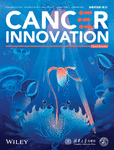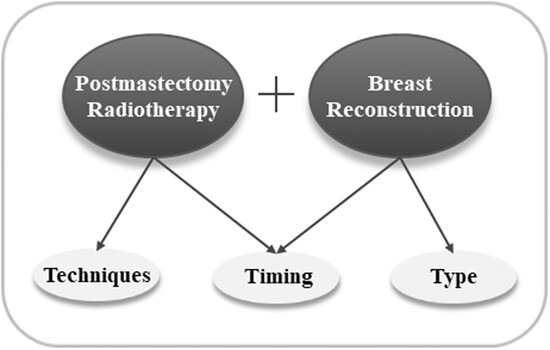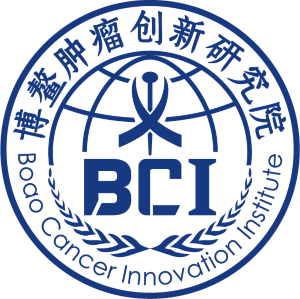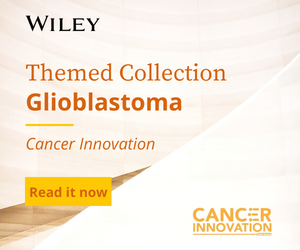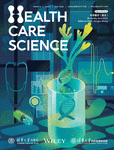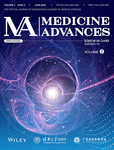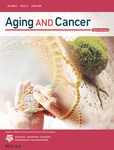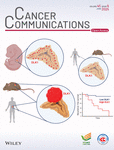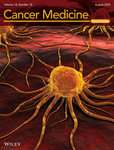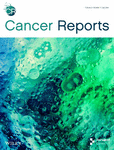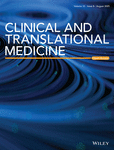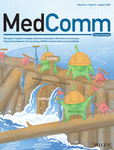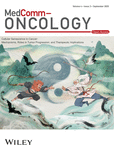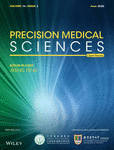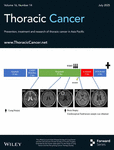Journal list menu
Export Citations
Download PDFs
ISSUE INFORMATION
CLINICAL GUIDELINE
Clinical practice guidelines for full-cycle standardized management of bone health in breast cancer patients
- First Published: 29 February 2024
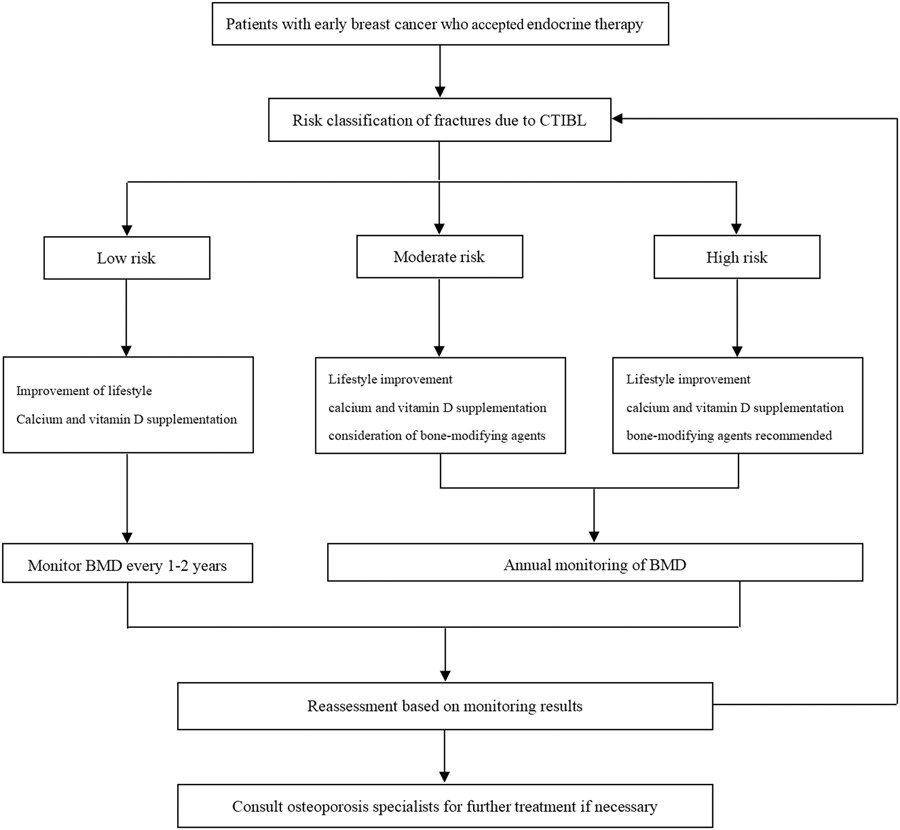
This guideline has been developed by the Breast Cancer Expert Committee of the National Cancer Quality Control Center. The experts involved in this guideline have thoroughly examined the comprehensive management of bone health in breast cancer, aiming to establish a reference framework for managing bone health and standardizing the diagnosis and treatment of breast cancer patients.
ORIGINAL ARTICLES
Clinical significance, molecular characterization, and immune microenvironment analysis of coagulation-related genes in clear cell renal cell carcinoma
- First Published: 07 January 2024
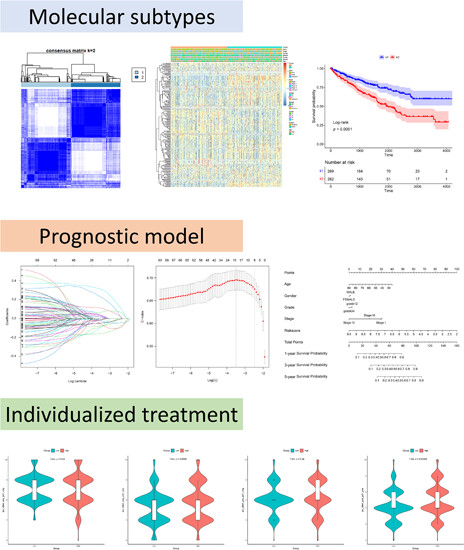
This study found that coagulation subtypes were associated with prognosis and immune microenvironment in clear cell renal cell carcinoma patients. A precise prognostic coagulation-related risk score (CRRS) model was successfully established. The CRRS model revealed a potential prognostic value for the immunotherapy response.
Evaluation of the safety and efficiency of cytotoxic T cell therapy sensitized by tumor antigens original from T-ALL-iPSC in vivo
- First Published: 19 October 2023
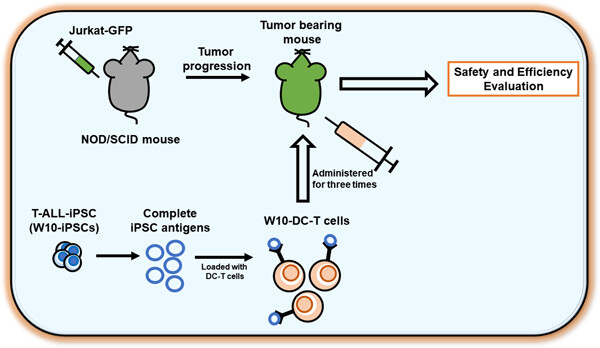
We found that induced pluripotent stem cells (iPSCs) derived from leukemic cells of patients with primary T cell acute lymphoblastic leukemia (T-ALL) have a gene expression profile similar to that of T-ALL cell lines. Results indicate that complete tumor antigens from T-ALL-iPSCs could slow the progression of inoculated tumors in immunocompromised mice without causing acute and long-term toxicity.
REVIEWS
A comprehensive review of 3D cancer models for drug screening and translational research
- First Published: 22 December 2023
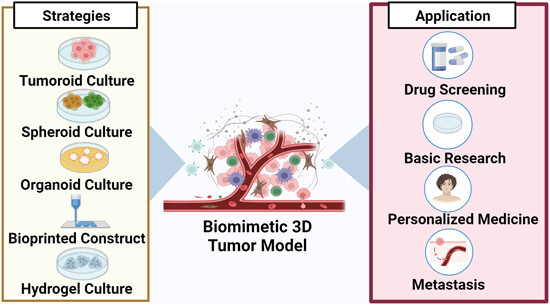
This review discusses the vast valuable importance of Tumor microenvironment (TME) recapitulation in cancer research prioritizing individual roles of TME elements in the histopathology of cancer. Further, the review broadly describes of few of the recently developed 3D models that have their main focus restricted to drug development and their screening and/or implications of the approach in preclinical as well as translational research.
Organoid co-culture models of the tumor microenvironment promote precision medicine
- First Published: 17 December 2023
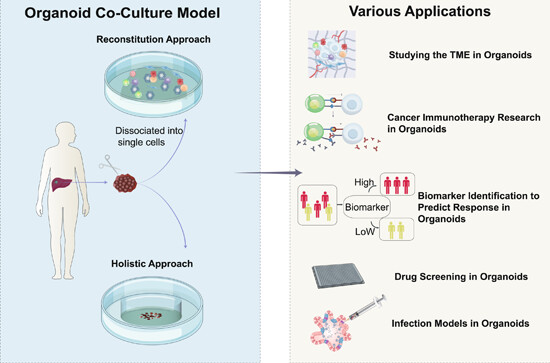
Three dimensional (3D) culture is a promising model for tumor research, replicating solid tumor characteristics. Advantages include high throughput and retention of heterogeneity. Traditional matrigel-submerged organoid culture requires exogenous cells to study the tumor microenvironment (TME). A holistic approach using patient-derived tumor fragments (PDTFs), air-liquid interface (ALI), suspension 3D culture, and microfluidic tumor-on-chip (ToC) models better mimic the tumor structure and composition. Organoid co-culture models are useful for studying the TME, immunotherapy, biomarkers, drug screening, and infections. These 3D systems aim to improve therapeutic approaches and patient outcomes.
Accelerated partial breast irradiation: Current evidence and future developments
- First Published: 22 January 2024
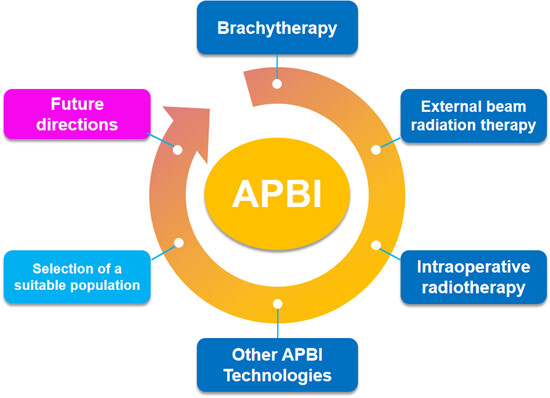
Accelerated partial breast irradiation (APBI) as a substitute for WBI for patients with early breast cancer is a hot spot in clinical research. The implementation methods of APBI mainly include brachytherapy, external beam radiation therapy, and intraoperative radiotherapy. This article provides a review of the clinical effects and adverse reactions of the main technologies of APBI and prospects for the future development of APBI.
Postmastectomy radiotherapy in breast reconstruction: Current controversies and trends
- First Published: 07 January 2024
Targeting colorectal cancer using dietary flavonols
- First Published: 28 November 2023

Flavonols are one of the most widespread dietary nutrients of the polyphenols-flavonoids and major constituent of Allium and Brassicaceae vegetables. Flavonols present in vegetables of Allium and Brassicaceae family are kaempferol, myricetin, quercetin, and isorhamnetin. These flavonols are claimed to have antiproliferative activity in vivo and in vitro against colorectal cancer.




